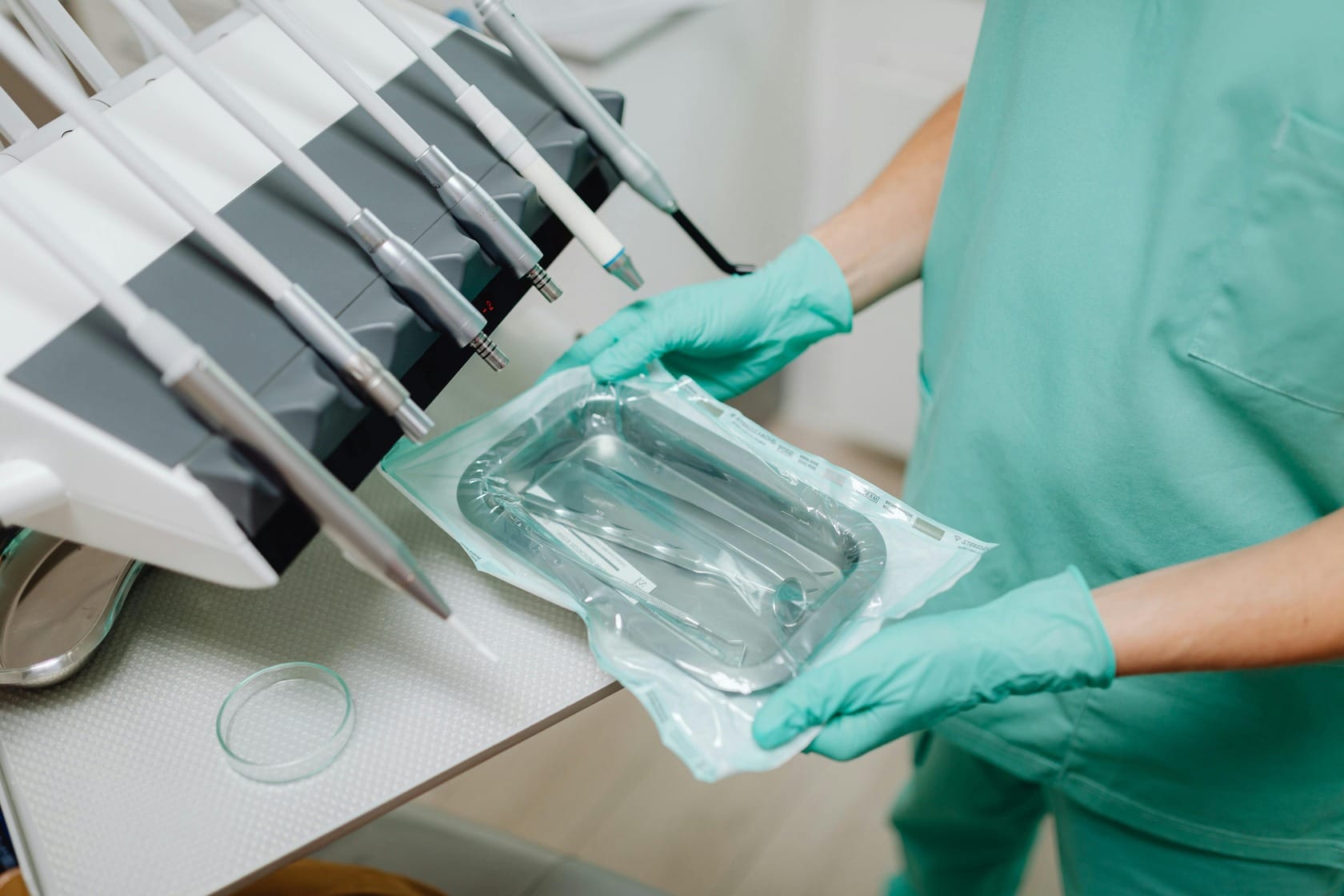Understanding Common Dental Procedures
Posted by: Ella Maftei RDN (NEBDN), Level 5 Diploma in Leadership and Management (ILM)
Medically reviewed by: Dr Anthony Lam, Specialist Orthodontist, BDS (Hons), MSc (Lond), MOrth RCS (Edin)
To maintain good oral health, you may need to have certain dental procedures from time to time. We know that this can make you feel anxious or unsure about what these treatments involve. So we want to put your mind at rest with an overview of some of the most common dental procedures and just what you can expect.


Fillings
Fillings restore teeth that have been damaged by decay or injury. First, we numb the area with gel then use a local anaesthetic to block any pain. We then remove the decayed portion of the tooth. After that, we fill the space, most usually with a tooth-coloured composite resin or less commonly, silver amalgam material. Fillings are a routine and straightforward procedure that help preserve the structure of your teeth.
Crowns
Dental crowns are ‘caps’ that we place over a tooth to completely cover and restore its shape, size, strength and appearance. They’re commonly used to protect a weak tooth, cover a dental implant, or improve the look of a misshapen or discoloured tooth. The crown process typically involves two appointments – one to prepare your tooth and take impressions, then a second to place the final crown.
Root Canals
The very words ‘root canal’ can strike fear into the hearts of many! The treatment does have a reputation for being painful, but the modern techniques that we use, together with anaesthesia, lets us make root canal work as comfortable for you as we can. Root canal therapy is needed when the soft inner pulp of a tooth becomes infected or inflamed. We remove the damaged pulp, clean and disinfect the inside of the tooth, then seal it.
Extractions
During a tooth extraction, we completely remove a tooth from your mouth. This may be because a tooth is severely damaged, impacted or causing crowding. We will numb the area, loosen the tooth and then gently remove it. You may experience some swelling and discomfort after the procedure, but this can be easily managed with over-the-counter pain medication, such as paracetamol or ibuprofen.
We hope that by understanding what to expect from common dental treatments, any anxiety or apprehension you may have will be eased. We have specialist periodontists, orthodontists and specialist clinicians to deal with all manner of dental work. Our practice is committed to keeping you informed and comfortable throughout every procedure. If you have any other questions about these procedures, or any other dental treatments, please don’t hesitate to ask!

Sorry, the comment form is closed at this time.